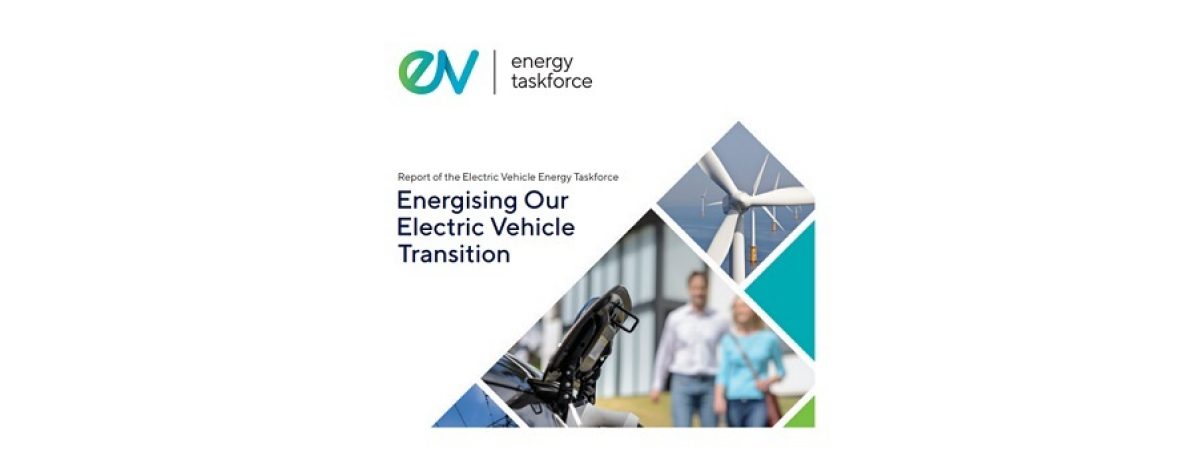
The EV Energy Taskforce has published the Energising Our Electric Vehicle Transition report setting out proposals that are the result of the “engagement, cooperation and goodwill of hundreds of organisations, spanning electricity distribution and supply, transport, energy retailers and charge point operators, the automotive industry, investors, local authorities, data and tech companies, consumer advocacy organisations, equipment manufacturers, regulators and central and local government”.
The foreword by Philip New, EV Energy Taskforce Chair, lists the key priorities that have emerged:
- The urgency of developing standards and codes of practice to enable interoperability and the sharing of data within the Electric Vehicle sector and with the electricity system.
- The need for effective local and national planning and coordination to enable efficient investment, mediating the balance between future-proofing and asset stranding.
- The criticality of smart charging; underpinned by a resilient network and clear market signals, to reduce the cost of supplying millions of EVs.
“These three priorities run through the twenty-one proposals made by the Electric Vehicle Energy Taskforce.
Underpinning the proposals is a key defining principle; the EV transition is best served by always aligning with the best outcome for the consumer – typically the EV driver.
The most important question used to test the proposals has always been “is this in the best interest of the EV driver?” Our belief is that if a positive experience cannot be provided to the EV driver, the potential development of this new market and its ability to contribute to our ‘Net Zero’ ambition will be compromised.
This focus on the best customer outcome supports our determination to ensure the electricity system is not a blocker to the rapid EV uptake required to achieve ‘Net Zero’. We have also been concerned to boost innovation and participation, taken economic equity and social impact seriously and adopted a whole system view over both the long and the short term”, New continues.
NFDA’s Electric Vehicle Approved (EVA), the accreditation scheme launched in Spring 2019 to recognise car dealers who have trained their staff on how to sell and service EVs, was mentioned as one of the key achievements in UK’s electric vehicle journey (p. 22).
Additionally, among a series of recommendations, in the section about “Informing consumers about EVs”, the report states the NFDA’s EVA scheme “can be used as a starting point. Other sector groups should seek to replicate and adapt the scheme to ensure that consumers are offered comprehensive and accurate information” (p.64).
The report can be downloaded here
